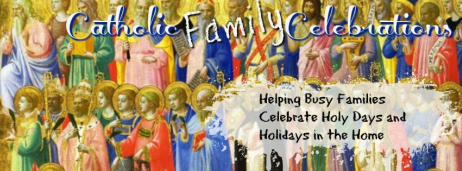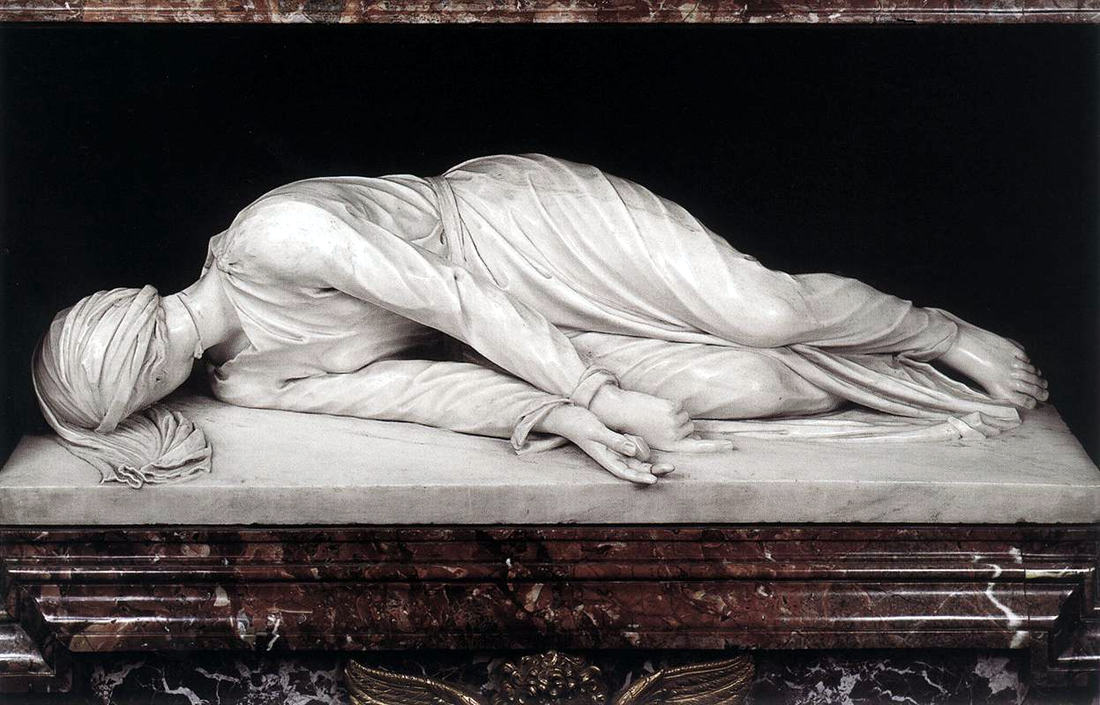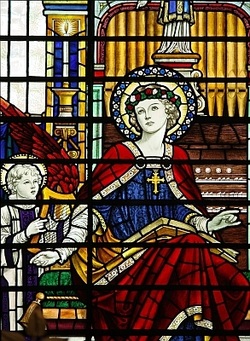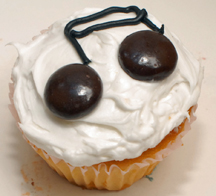- Home
- Family Dinner
- Contact
- Easter
- Divine Mercy Sunday
- May
- Ascension
- Graduation
- Pentecost
- Trinity Sunday
- Summer Fun
- June
- July
- August
-
September
- Patrons of School and Study
- Labor Day
- Sept. 5 St. Mother Teresa of Calcutta
- September 8 Mary's Birthday
- September 15 Our Lady of Sorrows
- September 20 St. Andrew Kim
- September 21 St. Matthew
- September 23 St. Padre Pio
- September 27 St. Vincent DePaul
- September 29 The Archangels
- September 30 St. Jerome
-
October
- Oct 1 St. Therese of the Child Jesus
- October 2 Guardian Angels
- October 4 St. Francis
- October 7 Our Lady of the Rosary
- October 17 St. Ignatius of Antioch
- October 18 St. Luke
- October 19 Sts. Isaac Jogues and John De Brebeuf
- October 28 Sts. Simon and Jude
- October 29 Blessed Chiara Badano
- Halloween or All Hallow's Eve
-
November
- November 1 All Saints Day
- November 2 All Souls Day
- November 9 Dedication of the Lateran Basilica
- November 11 St. Martin of Tours
- November 13 St. Frances Cabrini
- November 15 St. Albert the Great
- November 17 St. Elizabeth of Hungary
- November 21 Presentation of Mary
- November 22 St. Cecilia
- November 30 St. Andrew
- Thanksgiving
- Christ the King
- Advent/Dec.
- Christmas
- January
- February
- March
- Mardi Gras
- Ash Wednesday
- Lent




